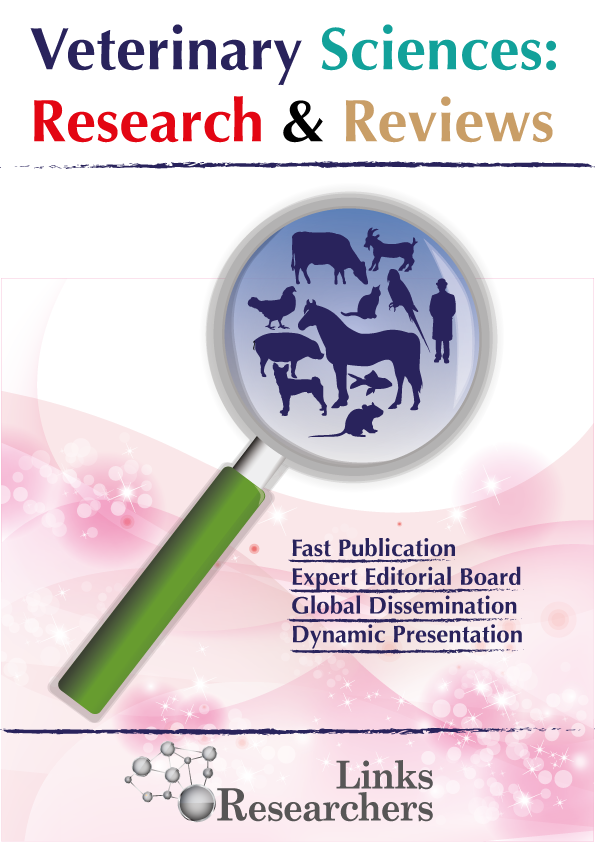The Link Between Animal Welfare and Sustainable Development: Lessons for Somalia. A Review Article
The Link Between Animal Welfare and Sustainable Development: Lessons for Somalia. A Review Article
Abdiaziz Idiris Mohamud1,2*, Yonis Abukar Mohamed1,3 and Shafii Abdullahi Mohamed1,4
ABSTRACT
This study explores the importance of integrating animal welfare into Somalia’s sustainable development strategies. The interconnectedness of animal welfare, livelihoods, and environmental sustainability is highlighted, emphasizing the need for comprehensive approaches. Stakeholder engagement, partnerships, and capacity-building initiatives are crucial for effective collaboration and resource optimization. Addressing research gaps, including socio-economic impact assessments, intervention effectiveness evaluations, cultural and contextual considerations, analysis of different production systems, and exploration of the intersection of animal welfare and zoonotic disease prevention, is necessary for evidence-based decision-making. By leveraging research, promoting evidence-based interventions, and strengthening policy and governance frameworks, Somalia can enhance animal welfare, support sustainable livelihoods, and contribute to overall sustainable development in the country. The integration of animal welfare into Somalia’s sustainable development agenda will not only benefit animal well-being but also foster resilient livestock systems, preserve cultural practices, and also contributing to global efforts to create a more equitable and compassionate world.
To share on other social networks, click on any share button. What are these?






